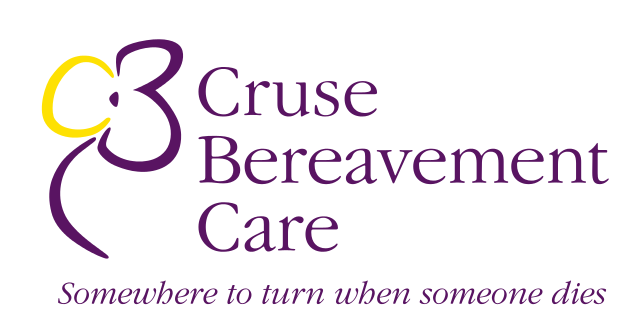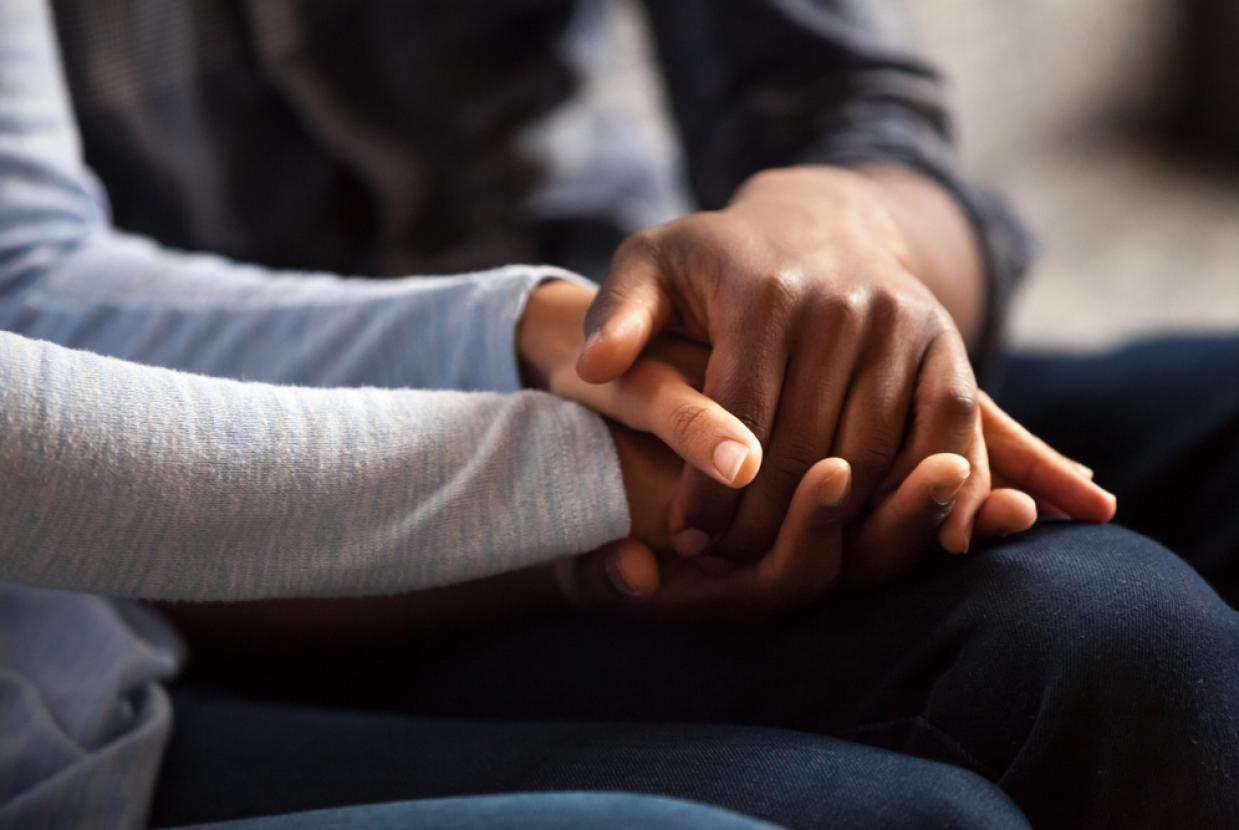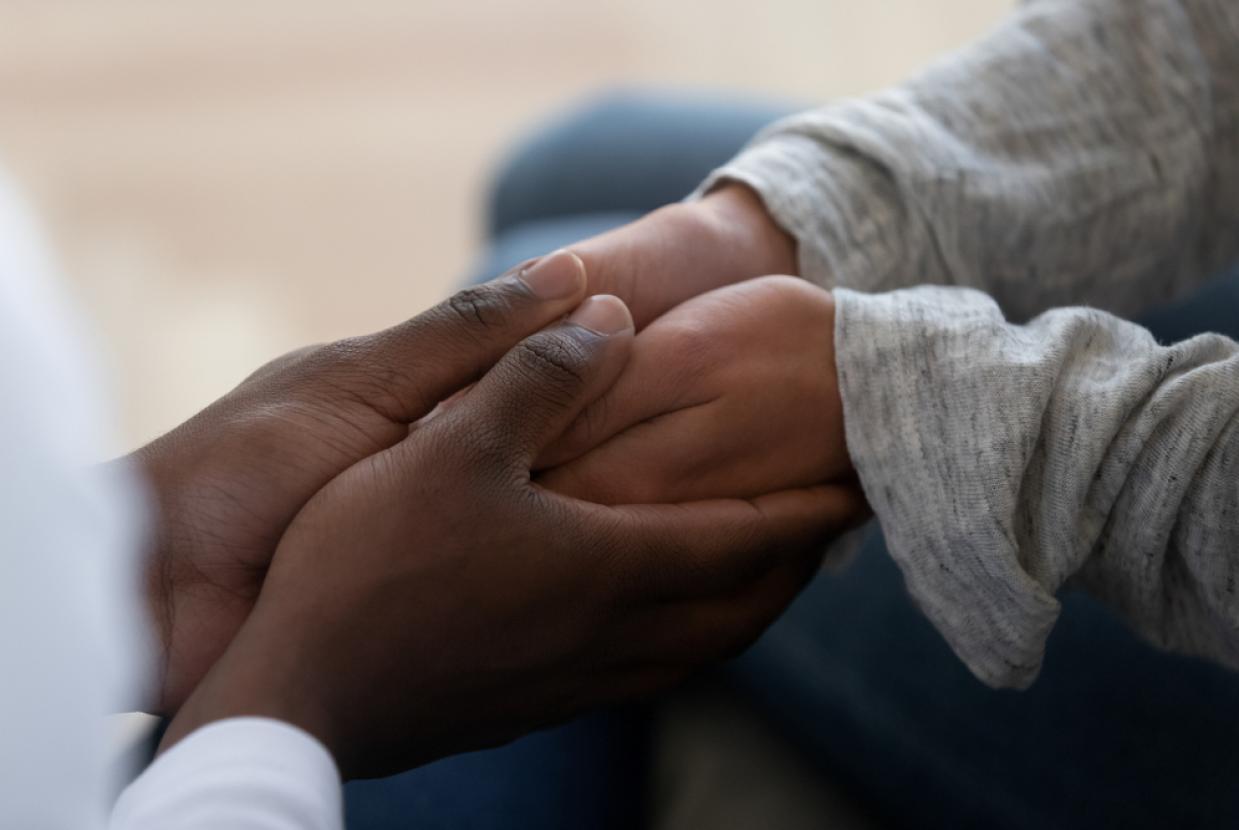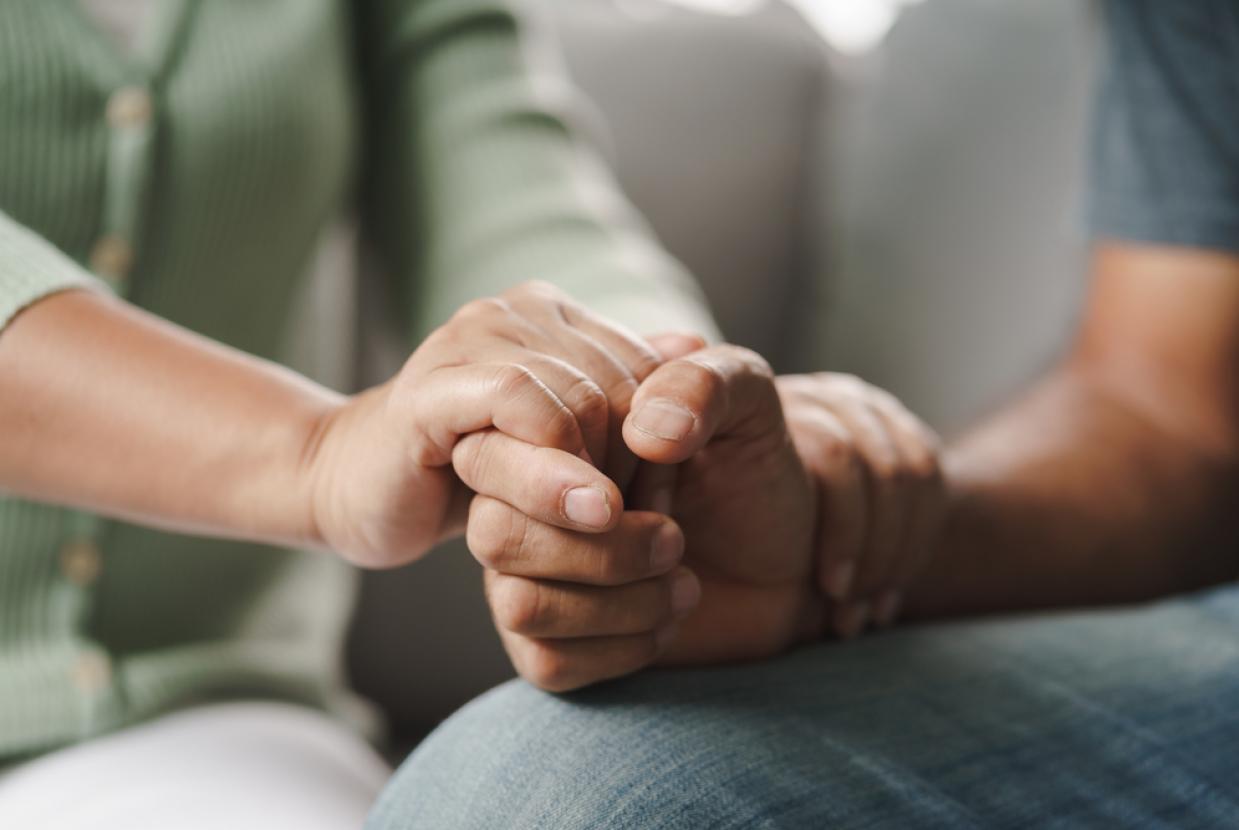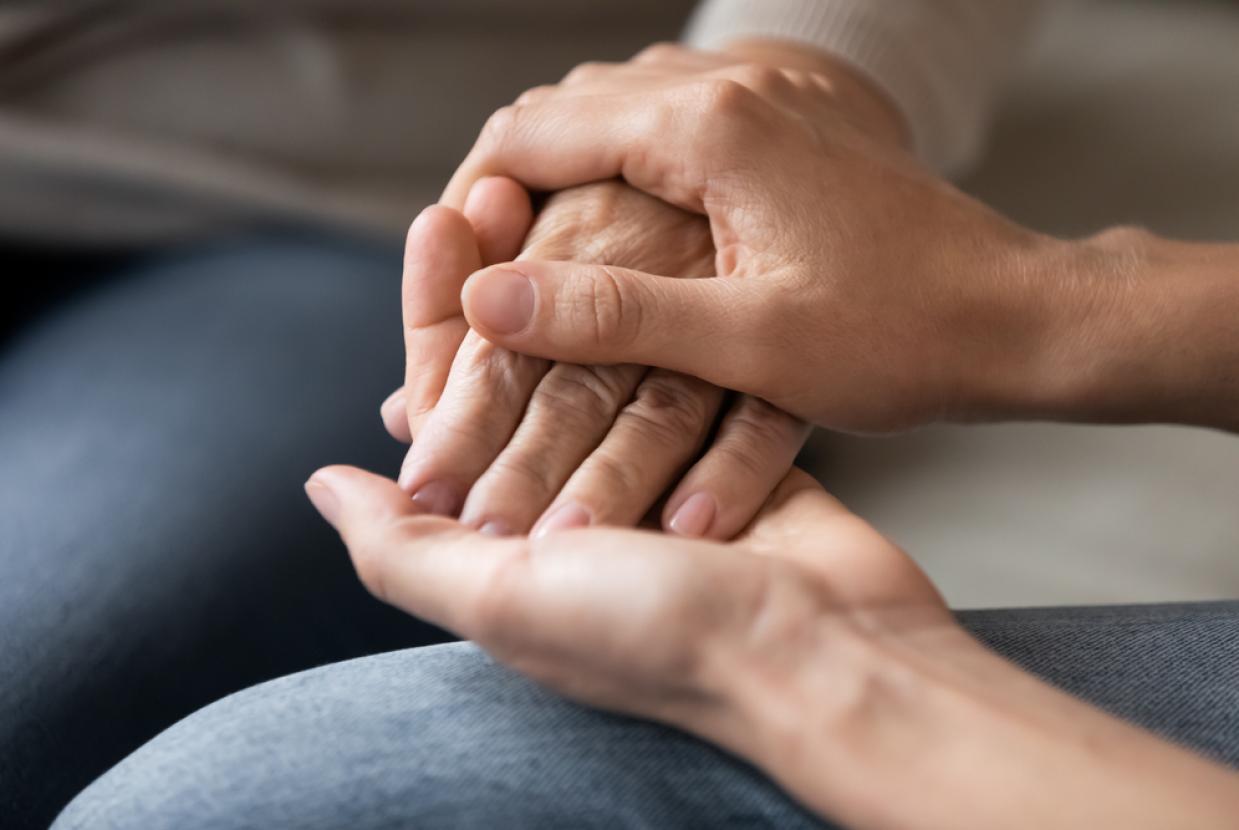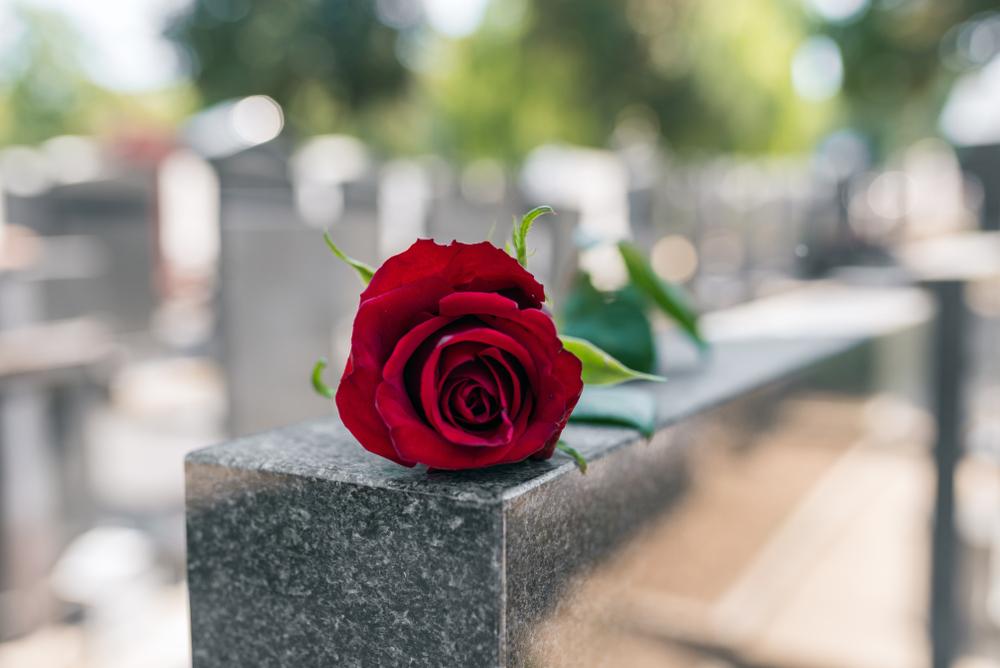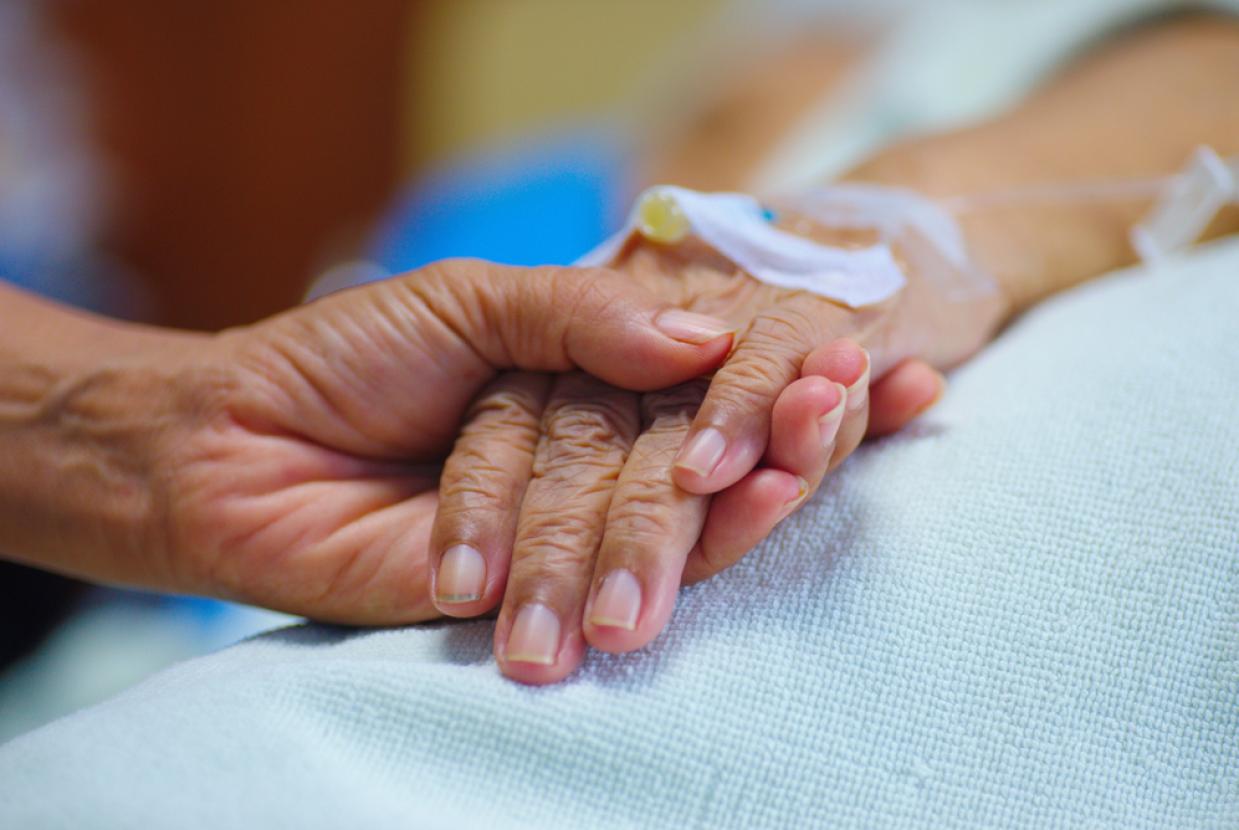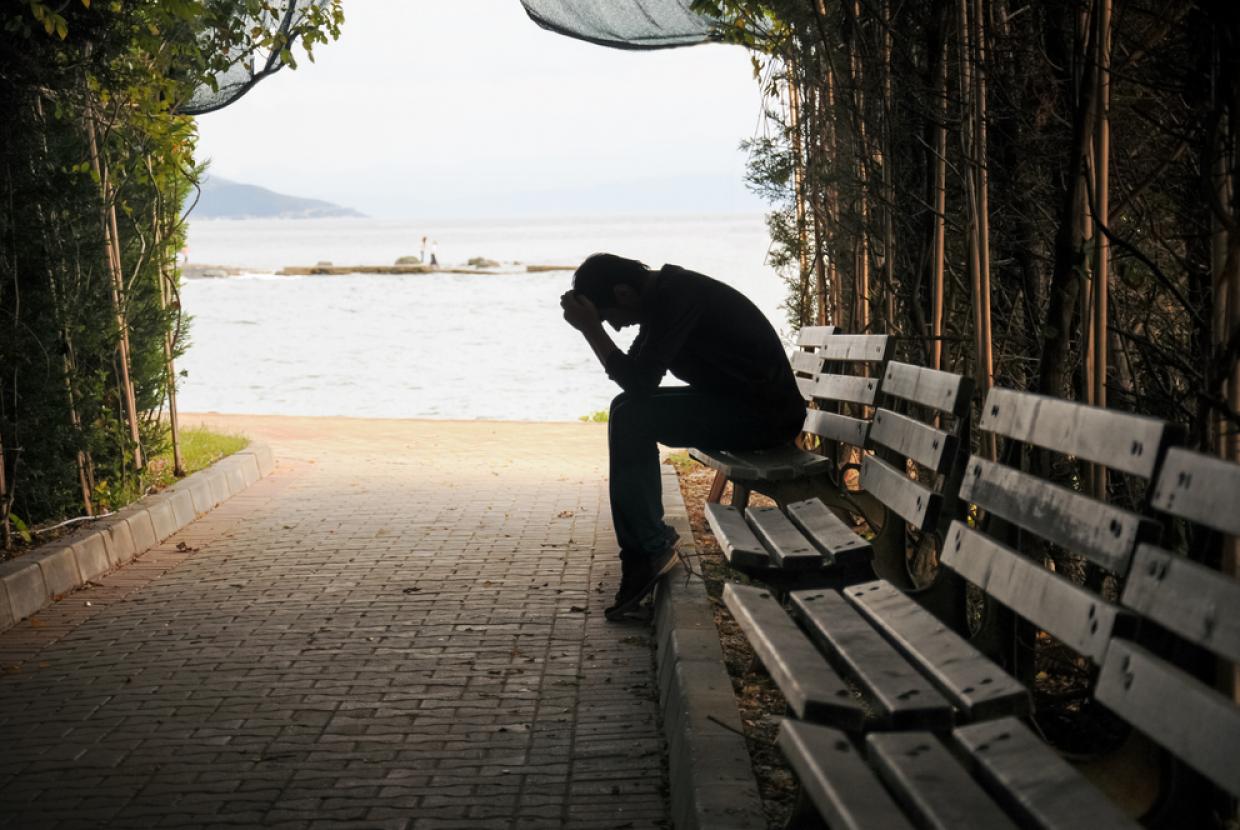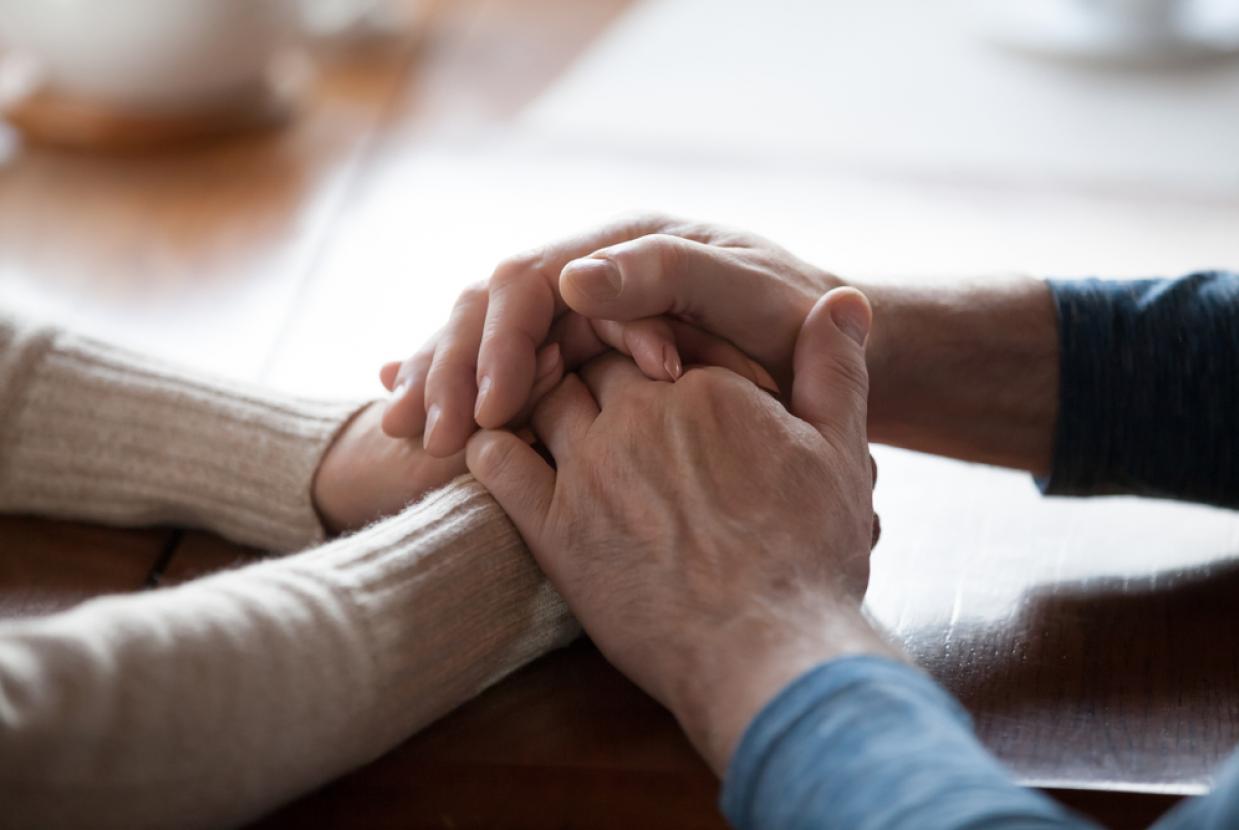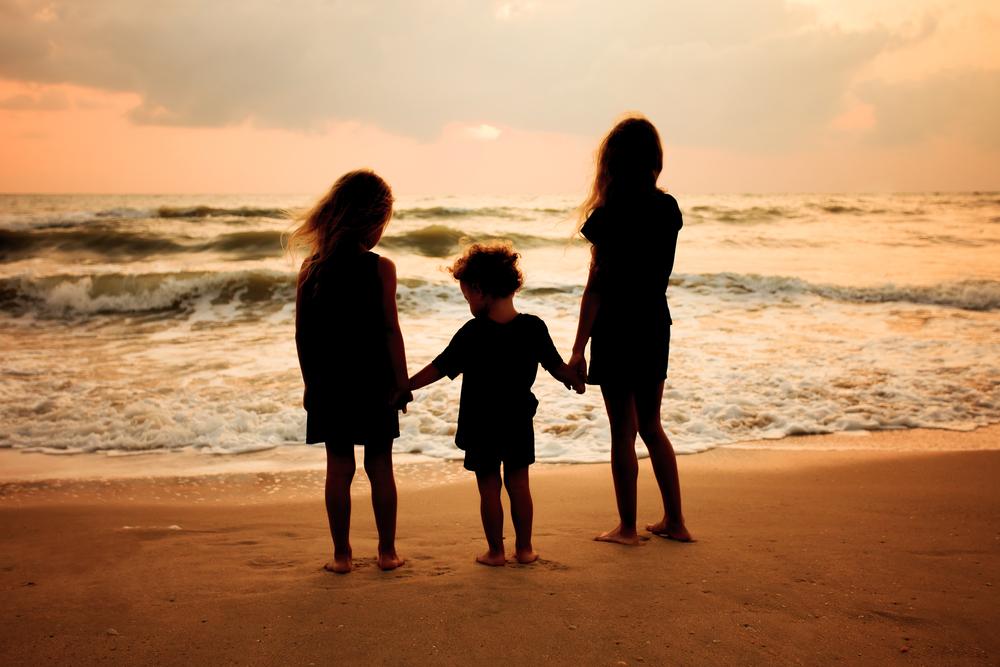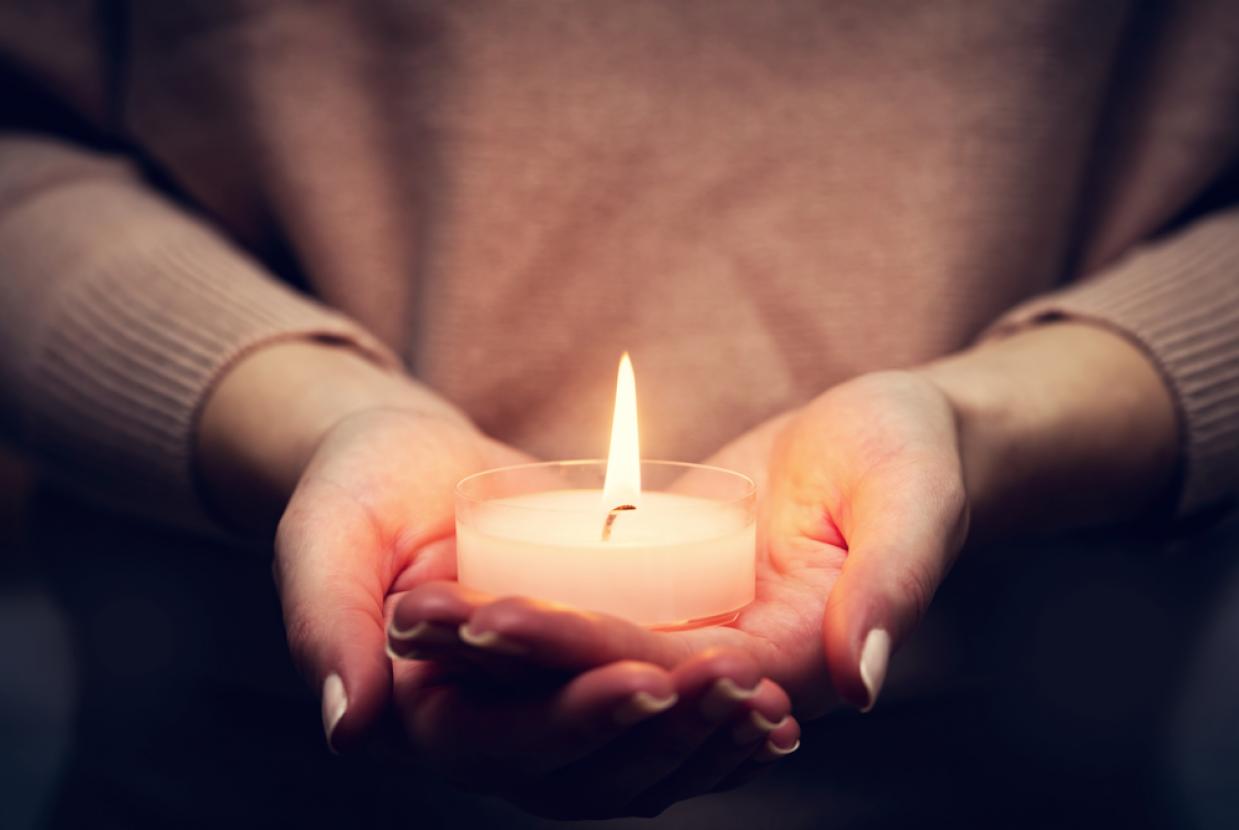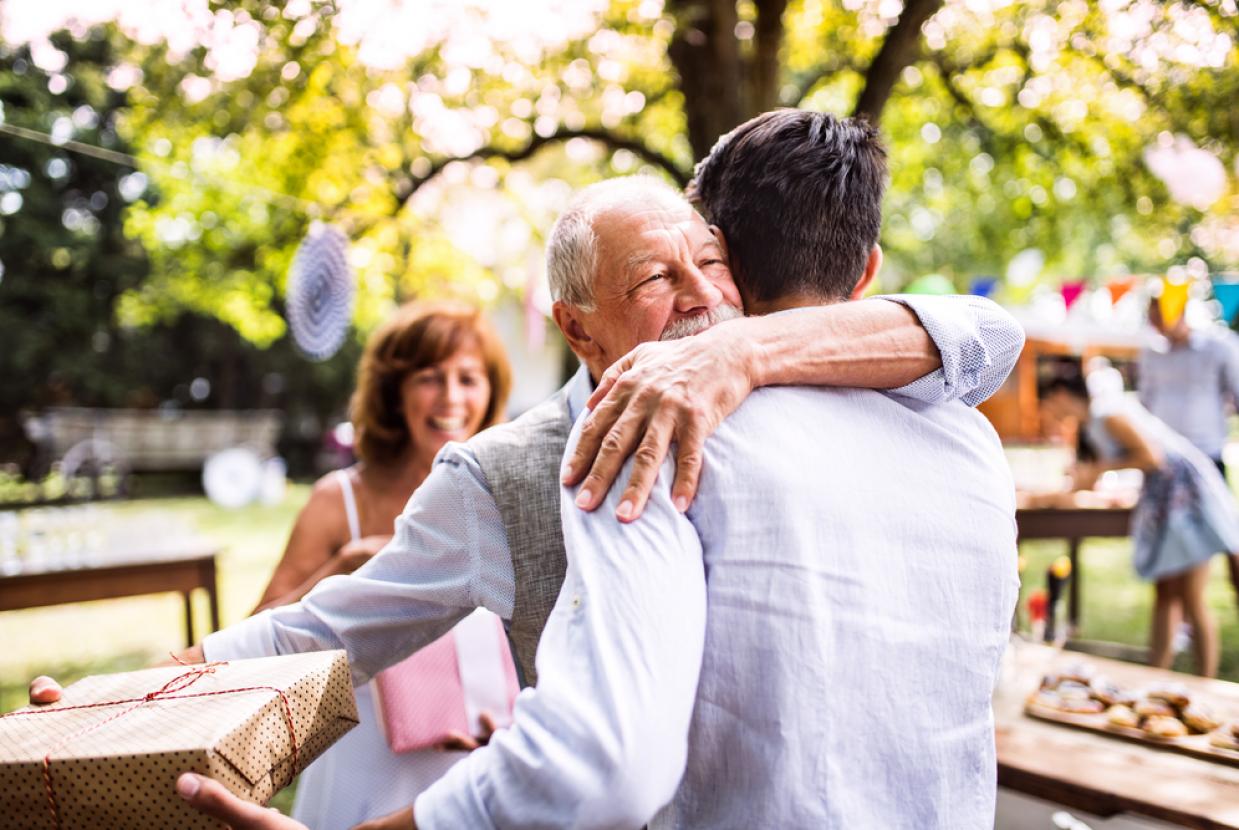The Death Of A Child
A child dying is one of the most intensely painful experiences you can go through. People tell us they feel like they’ve lost a part of themselves and find it difficult to return to normal life.
Feelings and experiences after your child diesFeeling like it’s against the ‘natural order’ of thingsWe expect parents to die before their children. Even if the death was expected, there can be a very strong feeling that the order of things has been turned upside down. People often say they feel like a rug has been pulled from underneath them.
ShockIf the death was sudden or unexpected the shock is very strong. No matter how it happens, the death of a child is likely to be very traumatic. Read more about traumatic grief.
Loss of roleWhen your child dies, you might feel like you’ve lost your role as a parent. Parenthood is an important part of your identity and to lose that can be incredibly painful. It’s important to remember you will always be their parent.
GuiltGuilt is very common after losing a child. You might feel like their death is a kind of punishment for something you’ve done wrong. Try to remember that their death is not your fault. It’s very unlikely you could have done anything to change things.
Anger and unfairnessIt’s natural to be angry about the unfairness of it all. When someone had a long life ahead of them it feels incredibly cruel that their life was cut short.
Effect on the familyDeath affects the whole family, and the death of a child can put a lot of strain on relationships. You might find you’re grieving differently from one another, or going through different feelings at different times. Try to be understanding. Everyone grieves in their own way and some people will need more time to process than others.
Sibling griefIf you have other children they will be grieving and may also be finding it difficult. If they are still children themselves helping them can be very difficult when grieving yourself.
Difficult reactions from other peopleIt can be difficult to cope with the way people react after your child dies. People know just how painful it must be so find it very difficult to know what to say. Some people may even avoid the topic all together which can be very upsetting.
Supporting yourself after the death of a childThere are no easy answers as to how to carry on after your child dies. The loss will always be with you. But there are some things that people find can help them to cope.
Find supportMake sure you’ve got people you can talk to, whether that’s friends, relatives, or professionals. It can be difficult to find the right people to help. Talking about the death of a child is something that can seem almost forbidden.
You can’t spend your time worrying about other people’s reactions, but you do need to be prepared for the fact that some people find it difficult to help. This doesn’t mean you have done anything wrong. In time you will work out who is willing and able to listen to you, and these are the right people to have around you.
Search out support groupsMany people do find that with an experience like the death of a child, it is easier to talk to other people who’ve lost a child. They may be the only ones who can really understand what you are going through. A peer support group can also be a valuable source of help and advice.
Cherishing memoriesYou will never forget your child, and making sure that memories are kept alive can help to keep that feeling of connection. As time goes by and those around you are less likely to mention your child it can feel very important to talk about them, remember their lives, and say their name. There are lots of different ways of remembering and celebrating someone’s life, from creating memory boxes to holding a yearly event in their honour.
Find a way to share what happenedSome people struggle with how much to tell people who don’t know what’s happened. Well-meaning strangers will sometimes ask questions about whether you have children or how many children you have. It can help to have an answer ready. It’s important to find something you feel comfortable with. It’s completely up to you what you share, but many people find it helps to acknowledge their child’s existence. For example: ‘I’ve got three children but one is no longer with us.’
Find reasons to go onAfter a major bereavement like the death of a child it’s going to take a long time to feel anything other than extreme grief or shock. Losing a child is not something that will ever leave you. You don’t ever ‘get over it’, and any progress is going to be one very small step at a time. Set very small goals, doing one more thing than you did yesterday, spending a little time with another child or someone else who we love, and so on.
Even with such a traumatic bereavement people do usually find that the feelings become easier to cope with over time. There will be periods where you are able to carry on with life, while always remembering your child and keeping their memory alive.
Some people find the idea of ‘growing around grief’ helpful. While you may feel like the pain of losing a child never goes away, in time your life will grow and become ‘filled’ with other things.
Further supportIf you need to talk to someone after the death of a child, you can call the Cruse Helpline. We also offer a range of support services through our local areas including individual and group support. Find out the ways we can support you.
The following organisations can also help after the death of a child.



